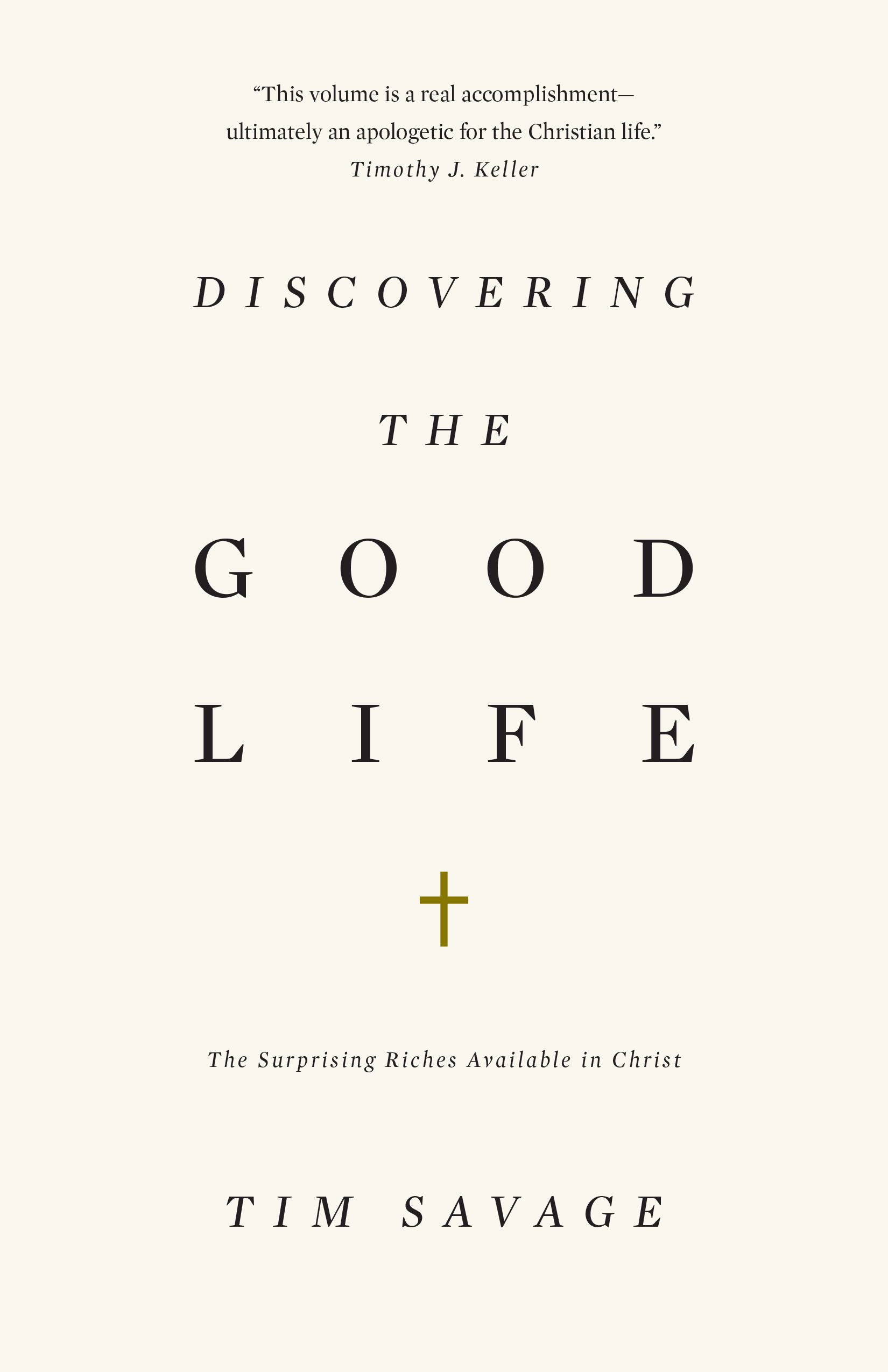Doubt Drives Us Deeper: Part 4

Like a dream when one awakes, O Lord, when you rouse yourself, you despise them as phantoms.
Psalm 73:20
Awakening from the dream.
Have you ever had a nightmare so troubling that you sweated in your bed, woke up in a state of fright, and jumped up, heart racing in panic, to turn on the bedroom lights . . . only to discover that it was all an illusion?
Now that you see reality for what it truly is, you despise that dream as a phantom.
That’s how God sees what humans mistake for prosperity. It’s not eternal. It isn’t real. Only what’s eternal is real in God’s mind. That’s God’s reality: what lasts forever. Everything else is a phantom.
Disappointment drives us to doubt. It’s Biblical to express that doubt.
But that doubt should drive us to no longer look at earth’s reality. Instead, it should drive us to his word and to church, where we see God’s reality.
Our worship in church is meant to give people a different picture of reality. What happens in worship is so different from this earth, so full of truth, so packed with supernatural love and eternal glory. Our worship together is informed by a different reality.
Once you discover God’s reality, it changes everything. It embarrasses you to think that you ever saw reality otherwise.
In 1395, the first book in English ever written by a woman was published. The book was called Revelations of Divine Love. The author was Dame Julian of Norwich. In this book, she wrote one of the most beautiful and famous phrases ever written by a human being:
All shall be well, and all shall be well, and all manner of thing shall be well.
She wrote those words during the time of the Black Death in Europe. She wrote it during the plague, which wiped out entire towns, including Julian’s family, and her husband. She herself contracted the illness, and on what appeared to be her deathbed, she wrote cheerfully:
All shall be well, and all shall be well, and all manner of thing shall be well.
What was she looking at? What reality was she embracing?
She saw God’s reality. She knew she was secure in his grasp, safe in his guidance, and sure of his glory, her flesh satisfied, her heart strong, forever.
Where did she see this new reality? The same place that you or I should turn our eyes when we doubt. Just look at the broken brow of the crucified Jesus:
‘If God did not spare his own son for us but delivered him up for us all, how will he not also with him freely give us all things forever.’ Romans 8:32
When we turn our eyes away from how we fare against our neighbor, and instead look at God’s son, and see how he has freely given us all things, forever: then, doubt has done its job.
All shall be well, and all shall be well, and all manner of thing shall be well.


Add your voice to the conversation: